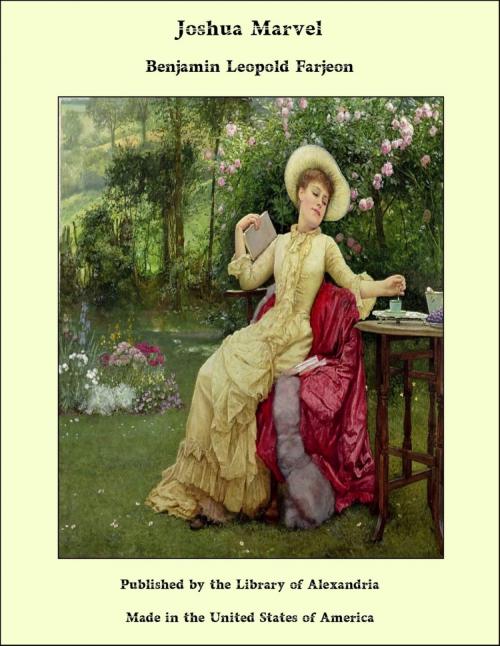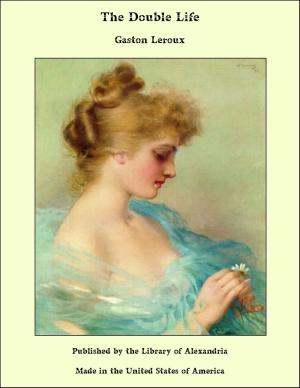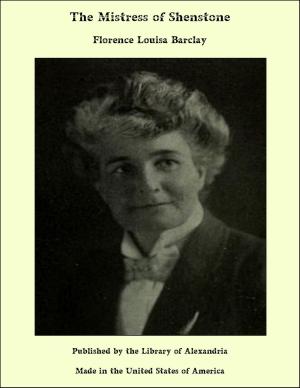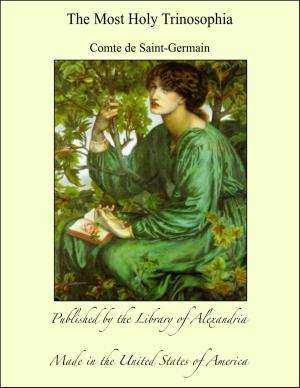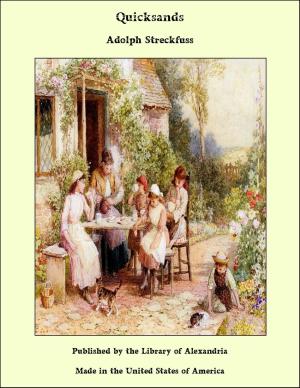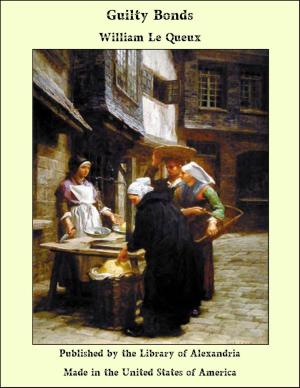| Author: | Benjamin Leopold Farjeon | ISBN: | 9781465611314 |
| Publisher: | Library of Alexandria | Publication: | March 8, 2015 |
| Imprint: | Language: | English |
| Author: | Benjamin Leopold Farjeon |
| ISBN: | 9781465611314 |
| Publisher: | Library of Alexandria |
| Publication: | March 8, 2015 |
| Imprint: | |
| Language: | English |
In the parish of Stepney, in the county of Middlesex, there lived, amidst the hundreds of thousands of human bees who throng that overcrowded locality, a family composed of four persons--mother, father, and two children, boy and girl--who owned the surprising name of Marvel. They had lived in their hive for goodness knows how many years. The father's father had lived there and died there; the father had been married from there; and the children had been born there. The bees in the locality, who elbowed each other and trod upon each other's toes, were poor and common bees, and did not make much honey. Some of them made just enough to live upon; and a good many of them, now and then, ran a little short. The consequence was, that they could not store any honey for a rainy day, and were compelled to labor and toil right through the year, in cold weather and in warm weather, in sunshine and in rain. In which respect they were worse off than other bees we know of that work in the summer and make themselves cosey in the winter. The bees in the neighborhood being common and poor, it was natural that the neighborhood itself should partake of the character of its inhabitants. But, common and poor as it was, it was not too common nor too poor for love to dwell in it. Love did reside there; not only in the hive of the Marvels, but in hundreds of other hives, tenanted by the humblest of humble bees. George Marvel had married for love; and, lest the reader should suppose that the contract was one-sided, it may be as well to mention that George Marvel's wife had also married for love. They fell in love in the way, and they married in the usual way; and, happy and satisfied with each other, they did not mar their enjoyment of the then present by thinking of the sharp stones which, from the very circumstances of their position, were pretty sure to dot the road of their future lives. There are many such simple couples in the world who believe that the future is carpeted with velvet grass, with the sun always shining upon it, and who find themselves all too soon stumbling over a dark and rocky thoroughfare.
In the parish of Stepney, in the county of Middlesex, there lived, amidst the hundreds of thousands of human bees who throng that overcrowded locality, a family composed of four persons--mother, father, and two children, boy and girl--who owned the surprising name of Marvel. They had lived in their hive for goodness knows how many years. The father's father had lived there and died there; the father had been married from there; and the children had been born there. The bees in the locality, who elbowed each other and trod upon each other's toes, were poor and common bees, and did not make much honey. Some of them made just enough to live upon; and a good many of them, now and then, ran a little short. The consequence was, that they could not store any honey for a rainy day, and were compelled to labor and toil right through the year, in cold weather and in warm weather, in sunshine and in rain. In which respect they were worse off than other bees we know of that work in the summer and make themselves cosey in the winter. The bees in the neighborhood being common and poor, it was natural that the neighborhood itself should partake of the character of its inhabitants. But, common and poor as it was, it was not too common nor too poor for love to dwell in it. Love did reside there; not only in the hive of the Marvels, but in hundreds of other hives, tenanted by the humblest of humble bees. George Marvel had married for love; and, lest the reader should suppose that the contract was one-sided, it may be as well to mention that George Marvel's wife had also married for love. They fell in love in the way, and they married in the usual way; and, happy and satisfied with each other, they did not mar their enjoyment of the then present by thinking of the sharp stones which, from the very circumstances of their position, were pretty sure to dot the road of their future lives. There are many such simple couples in the world who believe that the future is carpeted with velvet grass, with the sun always shining upon it, and who find themselves all too soon stumbling over a dark and rocky thoroughfare.
